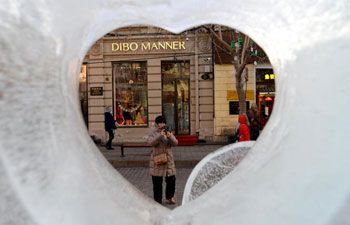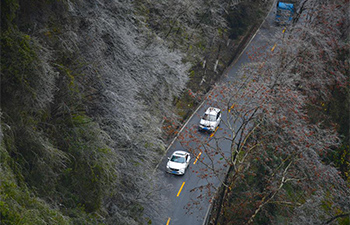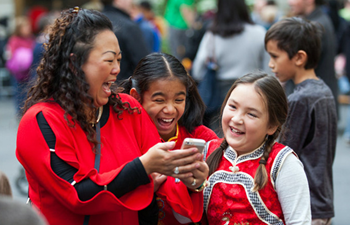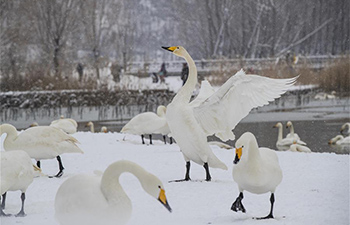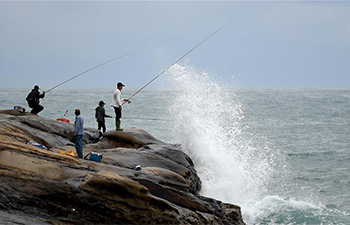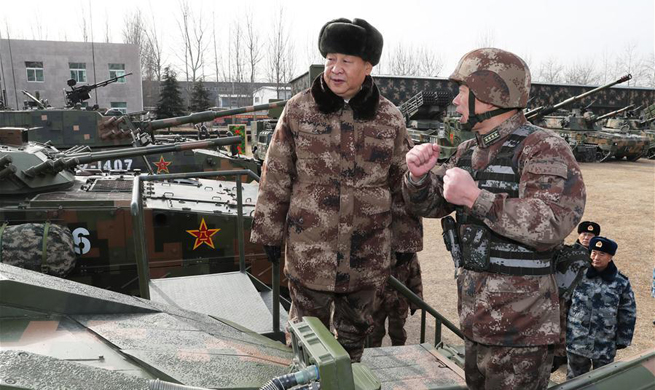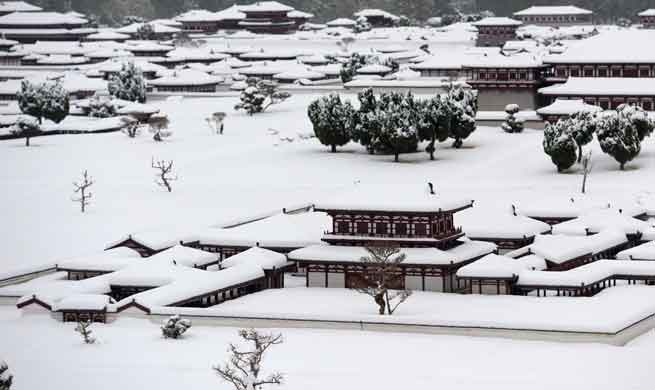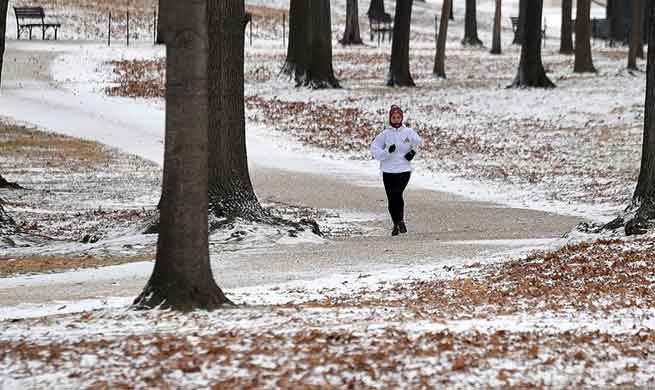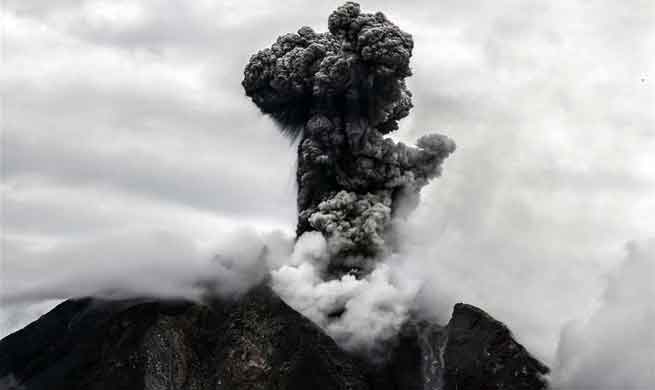by Xinhua writer Zhu Dongyang
WASHINGTON, Jan. 4 (Xinhua) -- Coming on the heels of the re-opening of a communication channel between the two Koreas, Washington and Seoul on Thursday agreed not to conduct any joint military drill until after the upcoming Pyeongchang Winter Olympics.
This is apparently a constructive gesture in line with the international call for stability and peace on the Korean Peninsula. However, considering the unprecedented level of tensions there and the aggravated mutual rancor between Pyongyang and Washington, more reconciliatory efforts are needed to change the overall bleak mood in the region.
The Korean Peninsula has seen a few positive signs since the New Year. The Democratic People's Republic of Korea (DPRK) top leader Kim Jong Un said in his New Year speech that the country is willing to participate in the Pyeongchang Winter Olympics. Later the two Koreas reopened a hotline in Panmunjom, which straddles the inter-Korean land border.
Together with the South Korea-U.S. decision to suspend war games, such gestures have indeed offered a glimmer of hope for the peninsula long haunted by confrontation and hostility.
Tensions on the peninsula reached a precarious level in 2017, driven up by the sixth nuclear test and multiple missile tests by the DPRK and the relentless Washington-Seoul war games.
Military tensions, amplified by blustery threats from both the United States and the DPRK to conduct nuclear attacks against each other, rasped the nerves of the whole world.
History has shown that tough talk and muscle-flexing could not help Washington and Pyongyang get what they want and achieve denuclearization of the Korean Peninsula. Rather, they have created a vicious cycle that pushes a peaceful solution further away.
Therefore, instead of releasing more bellicose statements and moves of brinkmanship, Washington and Pyongyang are better advised to engage in constructive talks and suspend provocations.
The DPRK's offer to talk with South Korea and participate in the Olympics deserves credit and requires more reciprocal responses from the U.S. side.
It is highly advisable that Washington and Pyongyang could take the opportunity of the Olympics to extend good faith instead of bad blood. As for trust-building and peace-making efforts, there's much more to be done.




